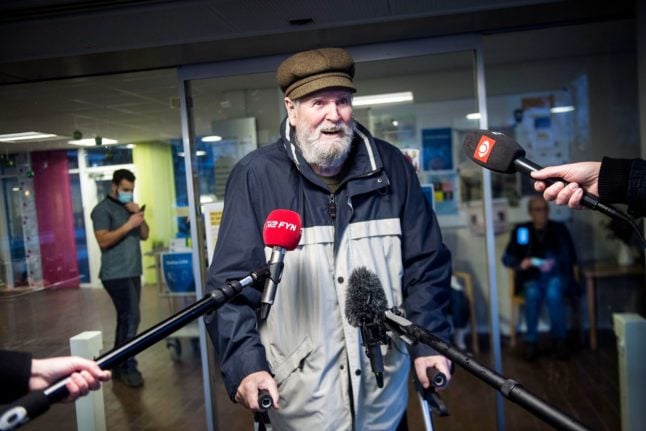- First doses of Pfizer's Covid-19 vaccine arrive in Denmark
- First Danes to receive Covid-19 vaccine on December 27th
- UPDATE: European Union officially approves Pfizer vaccine for rollout

A 79-year-old man on Sunday morning became the first person in Denmark to receive the new Pfizer/BioNTech coronavirus vaccine.


Member comments